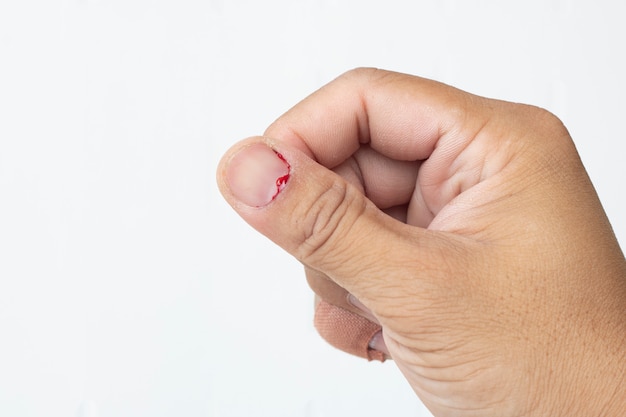
Though it's not an emergency situation, see your doctor right away. Molar pregnancy or gestational trophoblastic disease: This rare condition, resulting from chromosomal abnormalities, describes when abnormal tissue grows in the uterus instead of an embryo.

Miscarriages occur in over 8–20% of pregnancies. Once a miscarriage begins, there's nothing that can stop it. Symptoms may include heavier bleeding, abdominal or back pain, cramping, along with noticeable tissue passing. Miscarriage: About 80% of miscarriages ( early pregnancy loss) occur in the first 12 weeks of pregnancy.Cervicitis may also occur from irritation by a diaphragm or an allergy to the latex in condoms. They are sometimes accompanied by a fever. Infection: An infection in your cervix (cervicitis), pelvic area, or urinary tract can be caused by chlamydia, gonorrhea, trichomonas, or genital herpes, or non-sexually transmitted infections such as bacterial vaginosis.You may also notice pain in your abdomen, shoulder, or pelvis. Because it can cause your fallopian tube to rupture, resulting in severe blood loss, it's important to see your doctor as soon as possible. Ectopic pregnancy: This occurs when a fertilized egg implants outside your uterus, such as in your fallopian tubes, and can't grow.Too much exercise: Lifting heavy weights or working out too hard may also cause spotting.This type of spotting may last anywhere from a few hours to a few days. This happens so early on that some women don't even realize that they're pregnant yet and mistake it for the beginning of a regular menstrual period. Implantation bleeding: This is light bleeding that occurs 6–12 days after the fertilized egg attaches to your uterine lining.This bleeding is not dangerous, and it is not necessary to avoid intercourse (or pelvic exams or ultrasounds) in early pregnancy.

Spotting can occur after sex or after an exam such as a pelvic exam, a Pap smear, or a vaginal ultrasound. Cervical or vaginal irritation: Your cervix and/or vagina may be more easily irritated since there's more blood flow during pregnancy.Cervical polyps are more common in women who have experienced vaginal childbirth in the past (stretching of the cervix) and those who have used birth control pills for an extended period of time.

If a begin polyp is hit in a doctor's exam or during intercourse, it may bleed.


 0 kommentar(er)
0 kommentar(er)
